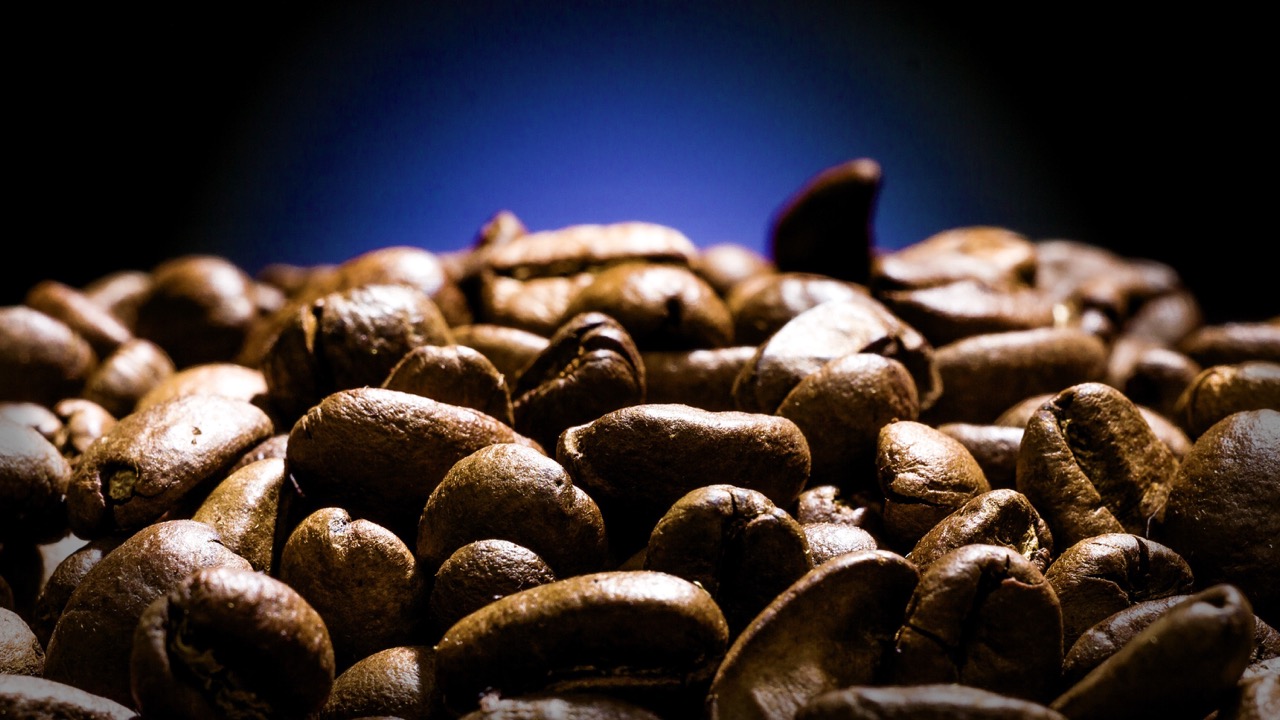Bloating is an uncomfortable and often embarrassing symptom that plagues many individuals. It can arise from various causes, including dietary choices. One of the beverages often scrutinized in this context is coffee. While it’s a beloved morning ritual for millions worldwide, coffee’s potential connection to bloating raises important questions about its impact on digestive health.
The Brewing Concern: Is Coffee Behind the Bloat?
Coffee, a morning necessity for countless individuals, has long been associated with certain digestive discomforts. Bloating, characterized by a sensation of fullness and abdominal discomfort due to trapped gas, is one such concern. Several factors within coffee are believed to contribute to this issue:
- Acidity: Coffee is naturally acidic, which can stimulate the stomach’s production of gastric acid. Increased stomach acid can lead to bloating and discomfort, particularly in individuals with sensitive stomachs.
- Caffeine Content: The caffeine in coffee is a known stimulant that can speed up the digestive process. While this may aid some people, it can lead to rapid food transit through the gastrointestinal tract, potentially causing bloating.
- Gut Microbiota: Coffee can impact the balance of gut bacteria. Alterations in the gut microbiota may contribute to digestive discomfort and bloating in some individuals.
The Role of Caffeine: A Double-Edged Sword
Caffeine, a central component of coffee, plays a pivotal role in this digestive puzzle. It’s known to have both stimulatory and laxative effects, which can affect the gastrointestinal system differently from person to person. The caffeine in coffee can act as a diuretic, increasing urine production and potentially leading to dehydration. Dehydration can cause the body to retain water, leading to bloating and discomfort.
Decaf Coffee: A Potential Solution?
For those who love the taste and ritual of coffee but want to avoid potential digestive discomfort, decaffeinated coffee might seem like a logical choice. However, there’s a catch: decaf coffee is not entirely caffeine-free.
Recent studies have revealed that decaffeinated coffee often contains trace amounts of caffeine. While these levels are significantly lower than in regular coffee, they may still affect individuals who are sensitive to caffeine or prone to bloating. But I Love Decaf’s coffee offers 99-100% caffeine-free coffee, try it, but in small amounts if you bloat easily from normal coffee.
Navigating Bloating: Tips for Coffee Lovers
If you’re a coffee lover who occasionally experiences bloating, there’s no need to bid farewell to your beloved brew. Instead, consider these tips to help minimize the risk of bloating:
- Choose Low-Acidity Coffee: Opt for coffee brands that advertise low acidity. These options may be gentler on the stomach and less likely to trigger excessive gastric acid production.
- Limit Caffeine Intake: If caffeine appears to be a bloating culprit for you, consider switching to decaffeinated coffee or exploring caffeine-free alternatives.
- Moderation is Key: Enjoy coffee in moderation. Limiting your daily intake can reduce the risk of overstimulating your digestive system.
- Stay Hydrated: Counteract coffee’s diuretic effect by drinking plenty of water throughout the day. Proper hydration can help reduce bloating.
- Monitor Your Body: Pay attention to how your body reacts to coffee. If you notice a strong association between coffee consumption and bloating, it may be wise to seek alternatives.
Final thoughts
The relationship between coffee and bloating is a complex and individualized one. While coffee’s acidity and caffeine content can contribute to discomfort for some, others may find it has no such effect. Decaffeinated coffee, although lower in caffeine, isn’t entirely devoid of it, potentially affecting those who are caffeine-sensitive.
Ultimately, the key is understanding your own body and its reactions to coffee. By making informed choices and moderating your coffee consumption, you can continue to enjoy your daily cup without the discomfort of bloating. If necessary, exploring low-acid or decaffeinated options may offer a more comfortable coffee experience.


